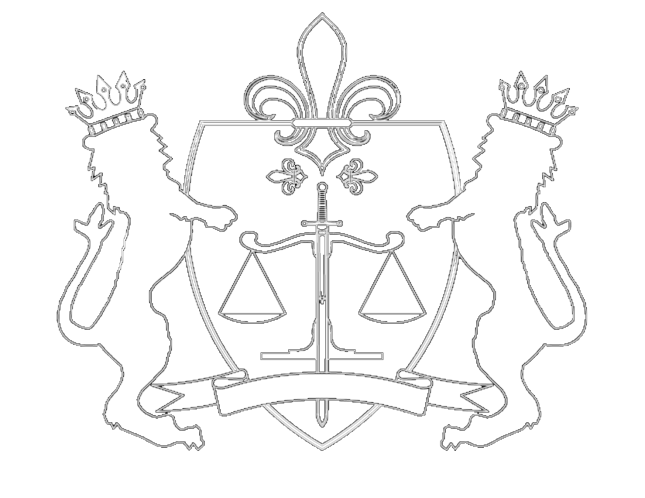Harper’s Shield

Security and tranquility of its clients.
Due to the current situation in the advocacy sector, law firms should be highly competitive as they have to overcome the distrust of the regular user of its services against the innumerable abuses of certain law firms, which damage day to day image of the sector under real inability to curb this situation by various professional associations despite their efforts.
In this context it arises Harper s Shield as a seal from the private sector with the clear purpose to unify and support all those firms seeking their place in the market through the union of synergies at the national and international levels.
Transparent dialogue with all of the parties involved is what marks our difference from our competitors.
Likewise, Harper’s Shield certifies other associated legal firms, to create a network of synergies at both national and international level, making it easier to manage our clients’ interests while respecting quality requirements and facilitating the mobility and workload of our professionals, all of which is reflected in the services we offer our clients.
- Not too large.
Harper´s Shield maintains a criterion of not accepting large legal practices as they risk losing direct contact clients, a situation that dehumanises the service, and ultimately acts to the detriment of the client. This is why one of the requirements is “not too large”: no excessively large firms. Smaller firms are able to better adapt to unexpected market changes and thus fully satisfy the specific needs of each client in a direct, personalised manner.
- Guarantees for clients.
A firm must meet specific criteria that certify it complies with professional codes of practice and professional ethics, carries out its activities following certain standards of clarity, transparency and professionalism, and reinvests part of its resources to maintain continuous updating of technological and human resource.
- Practice litigation.
The firm must practice, or at least have a division devoted to, litigation or trials.
- Have demonstrable social commitment.
- Undertaking a certain volume of work directly, without any initial payment under a “cuota litis” or “contingent fee” arrangement.
This allows access to the legal defence of civil rights and free legal advice for those who could not otherwise afford it, in an effective way, from the private sector, and without the time wasting and frustration involved with Public Administration bureaucracy.
- Devoting a percentage of profits to a specified recognised NGO.
Which must carry out projects in the local area where the firm usually operates.

